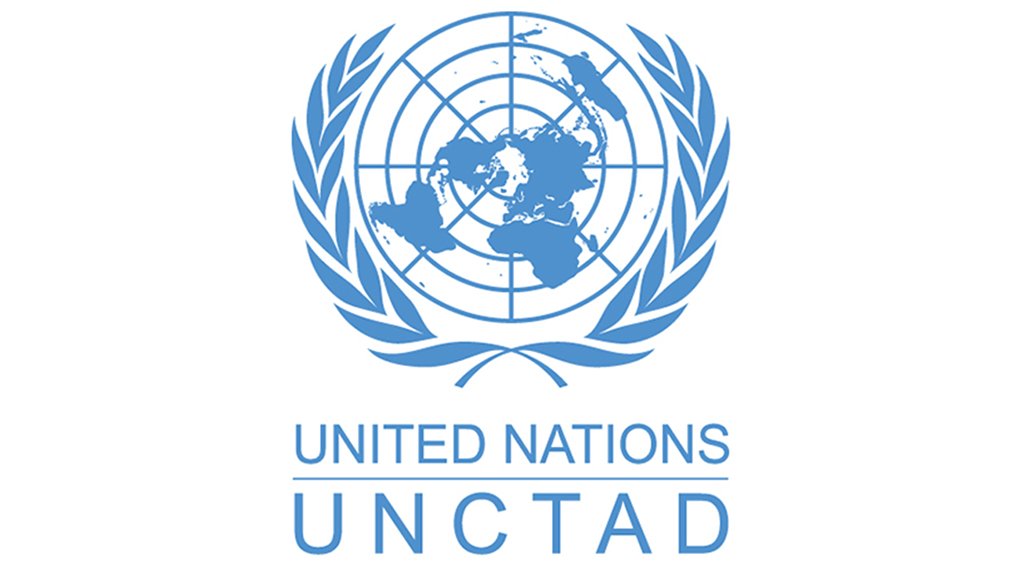- FDI derisking: Political risk insurance0.33 MB
The investment gap to achieve the SDGs in developing countries by 2030 has widened from $2.5 trillion to approximately $4 trillion per year between 2014 and 2023. This chasm underscores the urgent need for effective solutions. It is widely acknowledged that public resources alone, including official development assistance, will be insufficient for bridging the financing gap.
Mobilizing private sector finance is critical, with FDI playing a vital role. However, private investment in developing economies, and LDCs in particular, is constrained by heightened real and perceived risks. Between 2015 and 2023, FDI flows saw modest growth of 17% in developing countries, and a concerning decline of nearly 20% in LDCs. Although investment in renewable energy and infrastructure sectors has grown since the launch of the SDGs, investment in areas such as water, sanitation and health, and agrifood systems has decreased.
Emerging global challenges add significant uncertainty
Geopolitical tensions, rising protectionism and the threat of trade wars are reshaping the global investment and trade landscape, creating significant hurdles for internationally oriented firms. The COVID-19 pandemic amplified these challenges, triggering a surge in political violence and stricter foreign exchange controls, which have led to increased claims paid by political risk insurers. Climate risks, encompassing extreme weather events, regulatory shifts and liability exposures further complicate the investment climate. Supply chain vulnerabilities threaten business continuity and profitability, and multi-polarity and fragmentation add layers of unpredictability. In addition, recent conflicts have increased risk aversion among investors, as heightened geopolitical tensions and conflicts disrupt the business environment.
LDCs and other vulnerable countries are more affected by these emerging risks
Climate change disproportionately impacts them since their adaptive capacity is limited, making needed investments in infrastructure, including renewable energy, particularly challenging. Supply chain disruptions disproportionately affect LDCs, given their reliance on imports and limited trade diversification. The risks linked to multi-polarity are intensified by the geopolitical marginalization of these countries, which often leaves them vulnerable to the conflicting interests of external powers. For investors, these risks are further amplified by political instability, weak legal systems, and challenges in enforcing contracts. Such factors create uncertainty about returns and the potential loss of assets, necessitating strong risk mitigation strategies.
This Investment Policy Monitor explores the role and significance of political risk insurance (PRI) in fostering FDI in developing countries, particularly in LDCs, highlighting key industry trends, including major providers, primary recipients and the geographical and sectoral distribution of projects supported by PRI.
This Monitor is part of a broader UNCTAD research project that will examine the main challenges and opportunities faced by PRI providers, in the context of enhancing flows into SDG-related sectors in developing countries, with particular emphasis on LDCs.
The conclusions drawn from this analysis will inform policy recommendations to enhance the role of PRI to contribute more effectively to the SDGs.
Report by the United Nations Trade & Development
EMAIL THIS ARTICLE SAVE THIS ARTICLE ARTICLE ENQUIRY
To subscribe email subscriptions@creamermedia.co.za or click here
To advertise email advertising@creamermedia.co.za or click here











